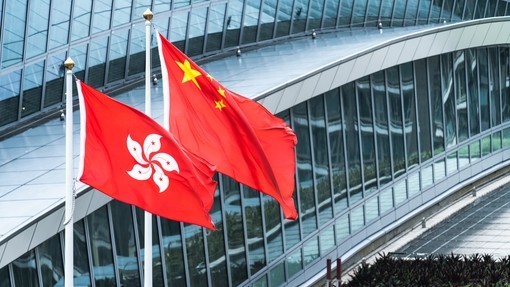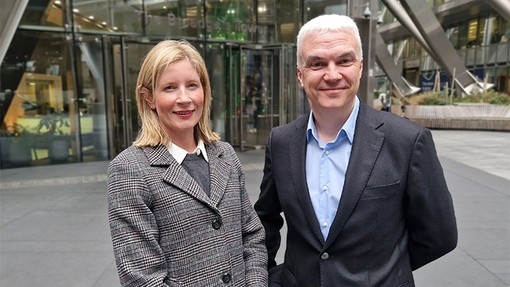Bribery Act 2010 – Corporate Prosecutions continue

Details
Swift on the heels of their successful prosecution of Petrofac Ltd (which we reported on last year SFO -v- Petrofac Limited | Hill Dickinson), on the 21 June 2022 at Southwark Crown Court the Serious Fraud Office (‘SFO’) secured convictions in Operation Azoth, its investigation into the UK based subsidiary of Glencore, Glencore (UK) Ltd and its 100% owned subsidiary Glencore Energy (UK) Ltd.
The conviction was an international effort which saw the SFO work in parallel with the United States authorities and in collaboration with Dutch and Swiss Prosecutors. The case centred on allegations of profit driven bribery and corruption across the company’s oil operations in Cameroon, Equatorial Guinea, Ivory Coast, Nigeria, and South Sudan. The total amount of bribes found to have been paid via Glencore’s employees and agents was calculated at over $28 million.
Glencore Energy (UK) Ltd pleaded guilty to seven counts of bribery under the Bribery Act 2010, five substantive charges under Section 1, and two under the corporate failure to prevent bribery offence under section 7. This is the third successful corporate prosecution that the SFO has brought under the UK Bribery Act 2010.
Glencore Energy (UK) Ltd will be sentenced on 2 and 3 November 2022.
It is anticipated, having regard to the penalties imposed following the Petrofac conviction, that the court will impose a very significant financial penalty, the level of which will need to have a meaningful impact upon the business in order to achieve the twin aims of punishment and deterrence. This comes on top off the $1.1 billion that Glencore has already agreed to pay by way of settlement in the United States.
It is perhaps worthy of note that as yet no individual officers or directors of Glencore have been prosecuted by SFO however that cannot be ruled out and the investigation may yet develop further. Some online commentators have suggested this may be the end of an era in terms of major international bribery prosecutions however the SFO appears to have lost none of its appetite to pursue cases of this scale and complexity.
All companies operating internationally must ensure that they have adequate procedures in place in order to prevent bribery.
The principles to consider to implement adequate procedures include:
- Implement procedures which are proportionate to the risks your business faces
- Ensure top level board commitment
- Undertake and document thorough risk assessments
- Focus due diligence in areas of highest risk
- Communicate best practice across the whole business, including third party agents, using policies and training
- Ensure matters are regularly monitored and reviewed
In summary, companies operating internationally will want to ensure that they fully risk assess their exposure to bribery risk, particularly in those jurisdictions deemed to be at highest risk, and check that their policies and procedures to prevent bribery are appropriate, effective and up-to-date.
For further information on this topic, please contact Aoife Ryan.





